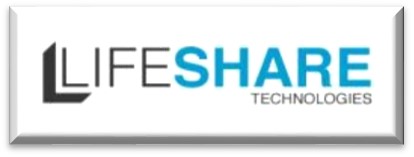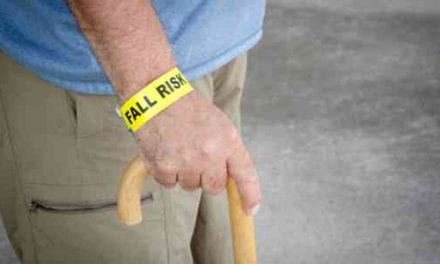If you’re in the senior living field, you know the powerful impact that music can have on people, and especially on people with dementia.
By Jane Kincaid
If you’re in the senior living field, you know the powerful impact that music can have on people, and especially on people with dementia. Indeed, research points to successful outcomes for music therapy at home and in senior living settings — a reality that seems apparent on an anecdotal level as well.
LifeShare Technologies, a Senior Housing Forum partner, offers solutions for senior living communities that give residents the ability to tailor their TV choices to meet a diversity of needs. It has teamed up with Coro Health, a company that offers two products — MusicFirst and CoroFaith — designed to provide support for people of all ages facing life challenges when and where they need it most. Through this partnership, LifeShare’s system provides therapeutic audio for residents living at home or in long-term care communities, leveraging music therapists, neuroscientists, and music designers to provide choices that are specific and individualized.
Coro’s own clinical trial data has shown the positive impact of having not just any old music playing in the background but instead having curated music to meet the needs of the individual. One study involving the Coro program showed long-term residents with a 23 percent increase in overall participation in exercise programs; a 50 percent rise in eye contact, singing, laughing, and smiling; and a 50 percent increase in gross motor movement. Other areas also saw improvement. For instance, the demeanor and medication segments of the study showed a 50 percent reduction in exit-seeking activity and a cut in the use of antipsychotic medications.
Individualized Playlists
LifeShare’s solutions, which include engagement tools for families, care providers, and individuals, enable anyone on the system to select playlists to meet their private preferences. Activity teams can also use these resources in group settings. In addition, group content may be programmed ahead of time in multiple settings on a campus.
Music programming is categorized into Supportive, Activity, Dining, and Sundowning functions. Within each category, there are options for music style preferences and even sub-categories.
Recently, Coro added 30-minute workouts to its array of activity music programs. The goal of this program is to stimulate residents who can enjoy the positive effects of music therapy.
Spiritual Content a “Game Changer”
Also included in LifeShare’s programs are prayers, scripture readings, meditations, and more. The benefits of these programs are underscored by the fact that recent research indicates that engagement in spirituality and religion appear to slow cognitive decline and help improve quality of life, says Miles McCollum, LifeShare account executive. “The combination of proven, therapeutic music resources and vital activity content are a real game changer for our clients.”
Music also has personal significance to individuals, connecting someone with historical events and encouraging responses, even in late stages of dementia, researchers say. This may not be obvious to a layperson, but when a song plays it can move people with dementia by prompting associations with memories and experiences. The connection in scientific terms is found between the brain’s auditory cortex and its limbic system, where emotions are processed. This biological link sees sound processed almost immediately by the parts of the brain tied to long-term memory and emotions.
Music Benefits Reach Beyond Memories
Many studies of older adults with Alzheimer’s and other forms of dementia have deemed familiar and likable music, not more medication, as the precursor for reduced cases of depression and increased sociability and cognitive recall.
“I talk to a lot of senior living leaders who want to keep their communities innovative, and they ask about the benefit of the TV versus a tablet for residents,” says McCollum. “One of my responses is to go into a room where someone has pictures on their TV, with music playing in the background. Do you think the residents have ever seen their own pictures on a screen that big, with therapeutic music playing in the background? It’s something special to see.”
To learn more about LifeShare Technologies, call (317) 825-0320 or click on the logo button below to visit their website:
Click on the button below to download a PDF copy of this article:










